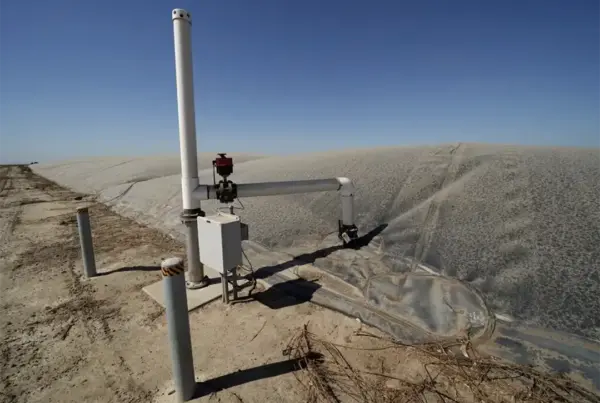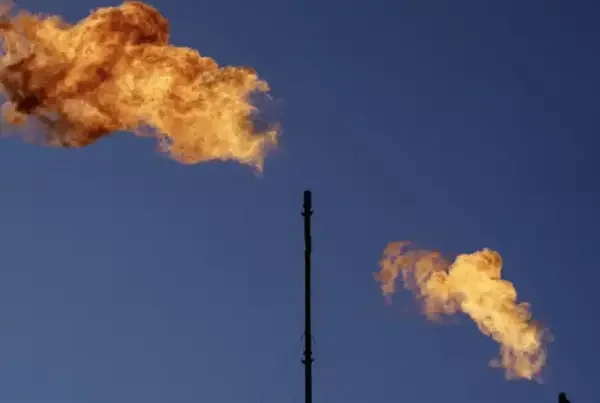SHARM EL SHEIKH–Lowering methane emissions is a climate change solution that doubles as a path to greater food security in the communities that need it most, experts said at COP27.
“One of the most effective ways to cut methane in the agricultural sector across the world is simply to improve feed quality, improve animal health, and therefore improve the productivity per head of cattle for the amount of methane that comes out,” said Claire Wang, a senior policy analyst with the Office of the Special Presidential Envoy for Climate at the U.S. State Department.
Improving livestock productivity by doing things like providing cattle with higher quality, more nutritious feed also provides significant nutritional and economic development benefits to the communities that depend on that agricultural production. “There’s more milk available to consume in these communities, which by and large are sort of smallholder agricultural communities,” she said.
Tanzania is a promising example. In Tanzania, efforts to increase the efficiency of agricultural production has also improved public health and economics in the region.
“In less than a year’s time, it was possible to nearly double the average productivity of a dairy in Tanzania,” said Rick Duke, the White House’s deputy special envoy for climate.
That efficiency means that methane emissions would be reduced by two-thirds per liter of milk produced than it would have previously. Meanwhile, farmers are able to increase their incomes because of the increased productivity of their dairy farms. Duke described increased agricultural efficiency as an approach that has “huge potential” for economic development as well as for lowering global methane emissions.
Waste is another sector in which cutting methane emissions could have significant economic benefits as well, but the sector’s emissions are less well defined than other sources of methane.
“We need better information on waste,” said Carolina Urmeneta, director of the circular economy program at the Global Methane Hub, pointing toward energy and agriculture data collection efforts as examples to follow.
She urged researchers and others to partner with frontline communities as they seek solutions. “We need to work with communities because there we have a huge environmental justice issue,” she said.
Stephen Hammer, a World Bank advisor focused on sustainable development and climate change, also advocated for connecting with communities on the frontlines of the climate crisis. Regulation can only do so much, he explained. “You may be able to transform the regulatory framework for a sector, but you still have to transform the practices on the ground.”



